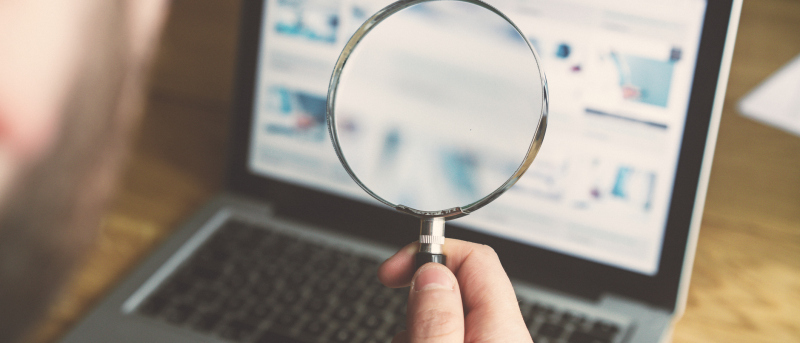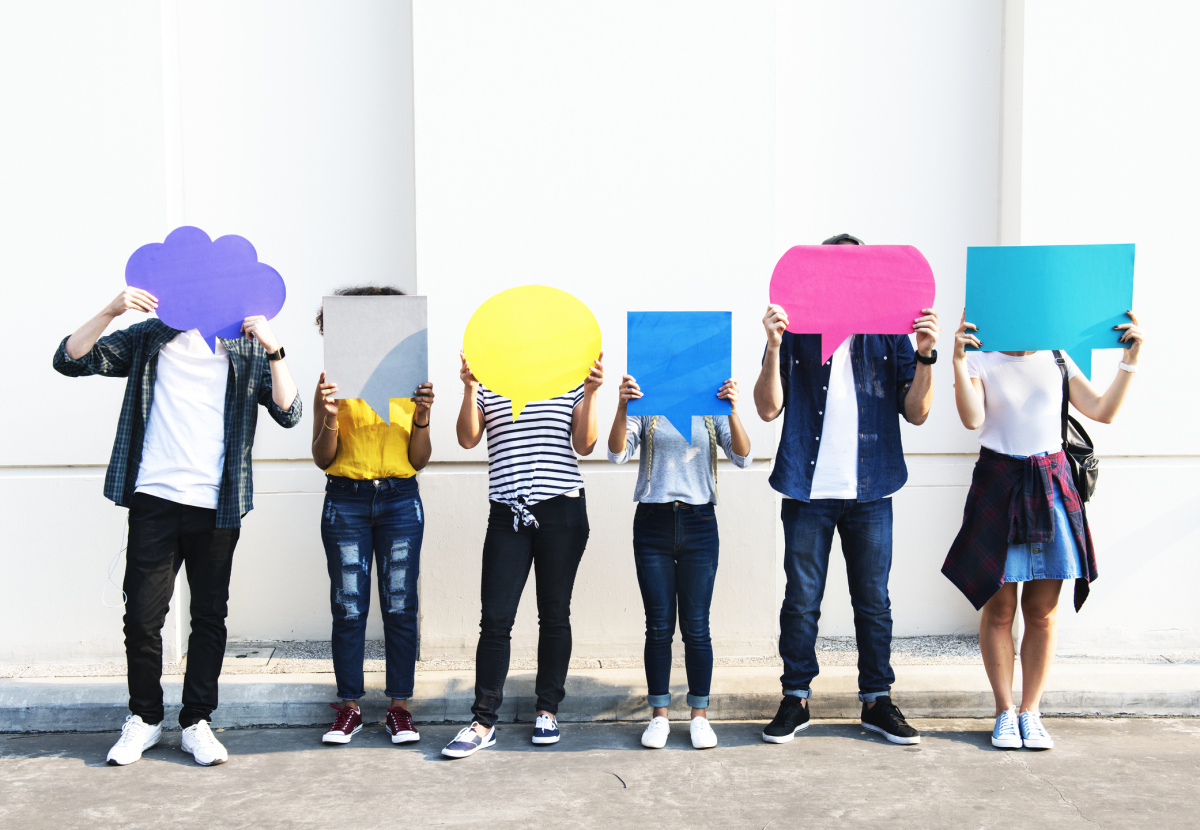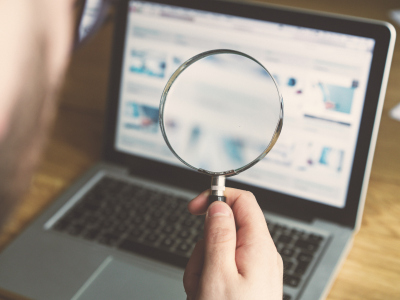Critical thinking and ethical awareness

Critical thinking and ethical awareness

Today, there is an emphasis in Norwegian society on everyone having their own opinions. Children learn at school to be curious and use the knowledge they gain to make decisions that are right for them. They learn to reason, discuss and be creative. It is no longer enough just to repeat what the teacher has said or what the text book says. In order to develop new knowledge and insight, you have to ask questions and challenge established truths. While you must also be open to the possibility that your own knowledge and experience may be inadequate.

We live in an information society. No one can have all the information available in their head. This means that it’s important to know where and how we can find the information we need. Among other things, we must learn to use the internet and to search for information in books. Anyone can post information online, and not all the information found there is correct. That is why we have to be critical of sources.
Source criticism means thinking about what we read. The reader must ask critical questions, e.g.:
- Who has written the text?
- Does the person who has written it have a particular agenda?
- What does he or she wish to achieve by writing the text like this?
- Is the information in the text correct?
- Does it present all the important facts, or are certain important facts missing?
If we use other people’s texts, photos, music etc. in our own productions, we must always state who holds the copyright to this material.
Ethical awareness is about balancing different considerations, so that you can consider your options and make better decisions. This will make it easier for you to do what is right for society, the people around you and yourself.
- Ethical awareness, which means balancing different considerations, is necessary to be a reflecting and responsible human being. The teaching and training must develop the pupils' ability to make ethical assessments and help them to be cognisant of ethical issues.
- Critical thinking and ethical awareness are a requirement for and part of what it means to learn in different contexts and will therefore help the pupils to develop good judgment.
Source: The Directorate for Education and Training
Talk together

- What does source criticism mean?
- How important is it that pupils and others ask questions about what they read online?
- Schools in Norway encourage pupils to reason and have their own opinions. What do you think of that? Why is that? Does it impact children’s upbringing and the relationship between children and their parents?
A family of four needs a new car. The car will be used for both long and short journeys. Martin and Maria are wondering what they should choose.
1. A large six-seater car that can be used for both long and short journeys. The car has room for the grandparents and it is a diesel car.
2. A four-seater electric car that is suitable for short journeys with the family, but needs to be charged en route for long family journeys, and doesn’t have room for the grandparents.
Martin and Maria are concerned about the environment, and they are the grandparents’ closest next of kin. What ethical issues do you think Martin and Maria will discuss?

Select the right answer
What is source criticism?
Select the right answer
What is a suitable description of Norwegian society?
Select the right answer
What should you think about when you read something online? You can select more than one answer.
Select right or wrong
Read the statements. What is right? What is wrong?
Select right or wrong
Read the statements. What is right? What is wrong?
